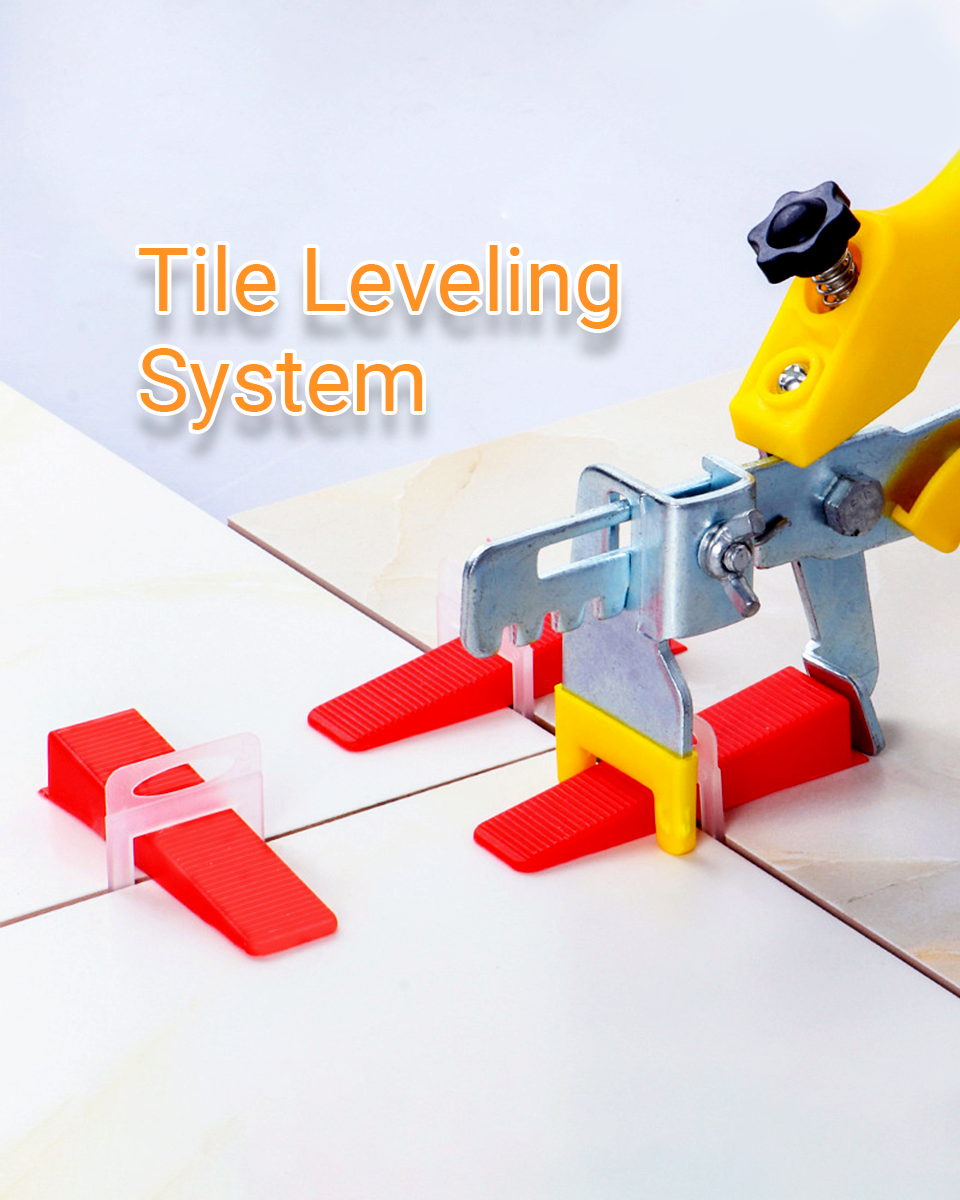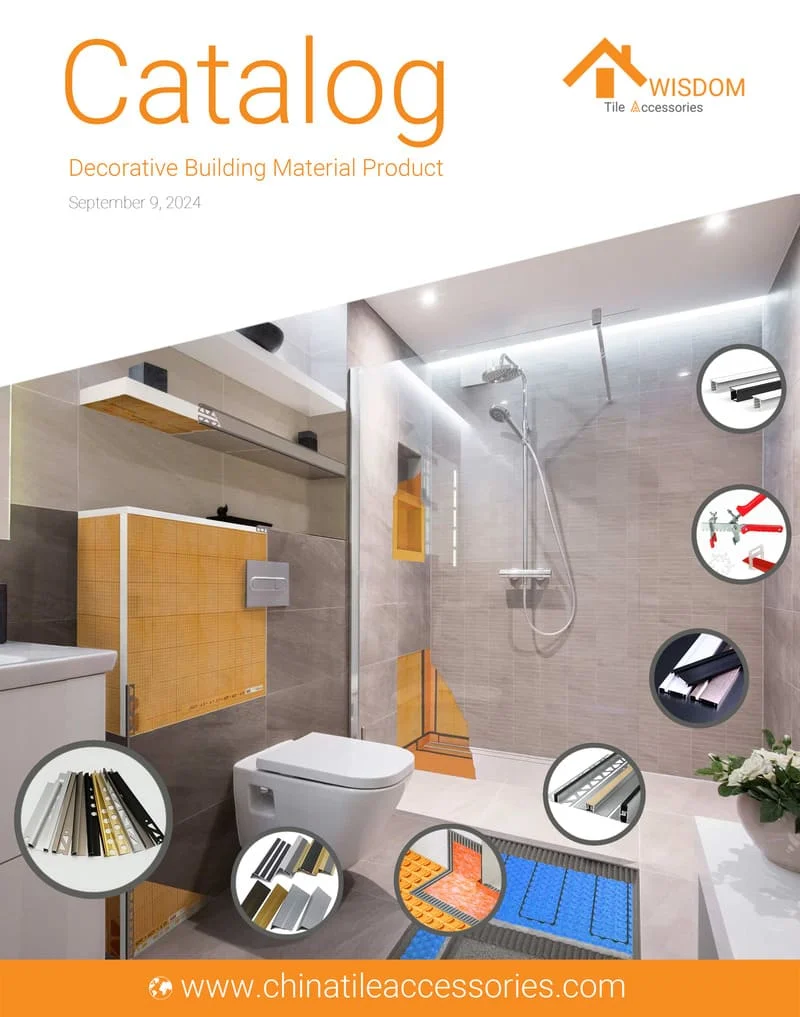Hey there! Thank you very much for reading this article, next I will give you a comprehensive overview of the features and functions of the tool tile leveler. Of course, there is one more question that many people are concerned about - which type of tile leveler is the best, because there are so many types of tile levelers on the market. Don't worry, follow the article and you will get to know all the types of tile levelers and their advantages and disadvantages, adaptation scenarios and so on.
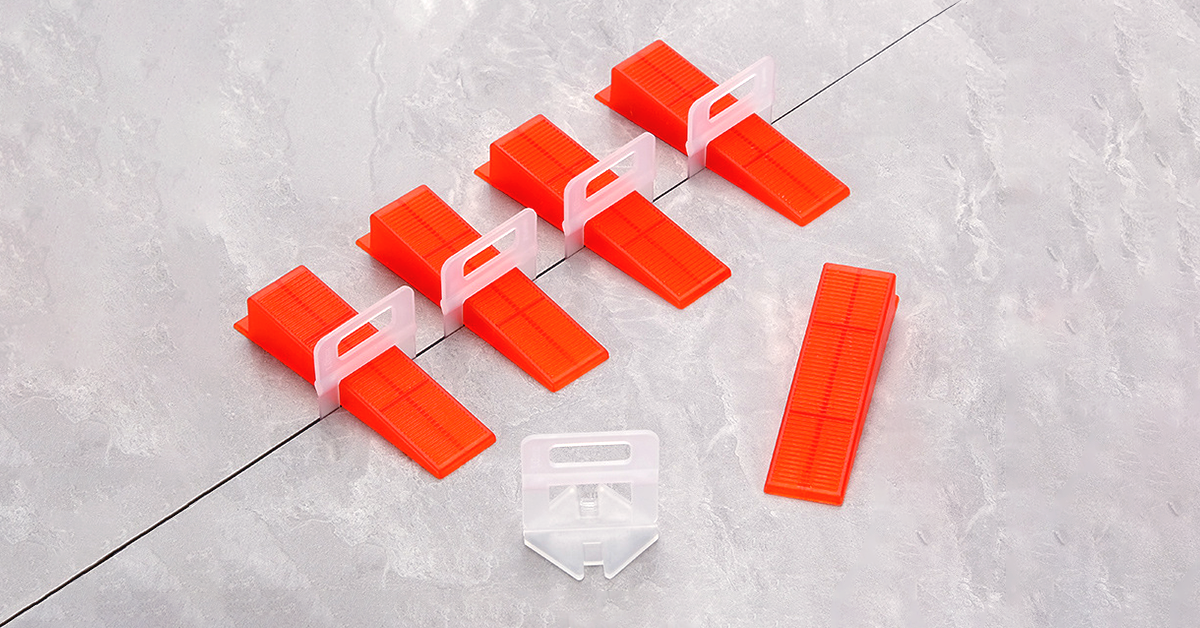
What is Tile leveler? Why is it important?
As the word suggests, the tile leveler is a tool for laying tiles that is great for helping you keep your tiles as level as possible when laying them, yes, it's as simple as that, the tile leveler is a very handy and easy to use tool, which makes it very newbie friendly.
The next question that arises is, is the tile leveler really that important?
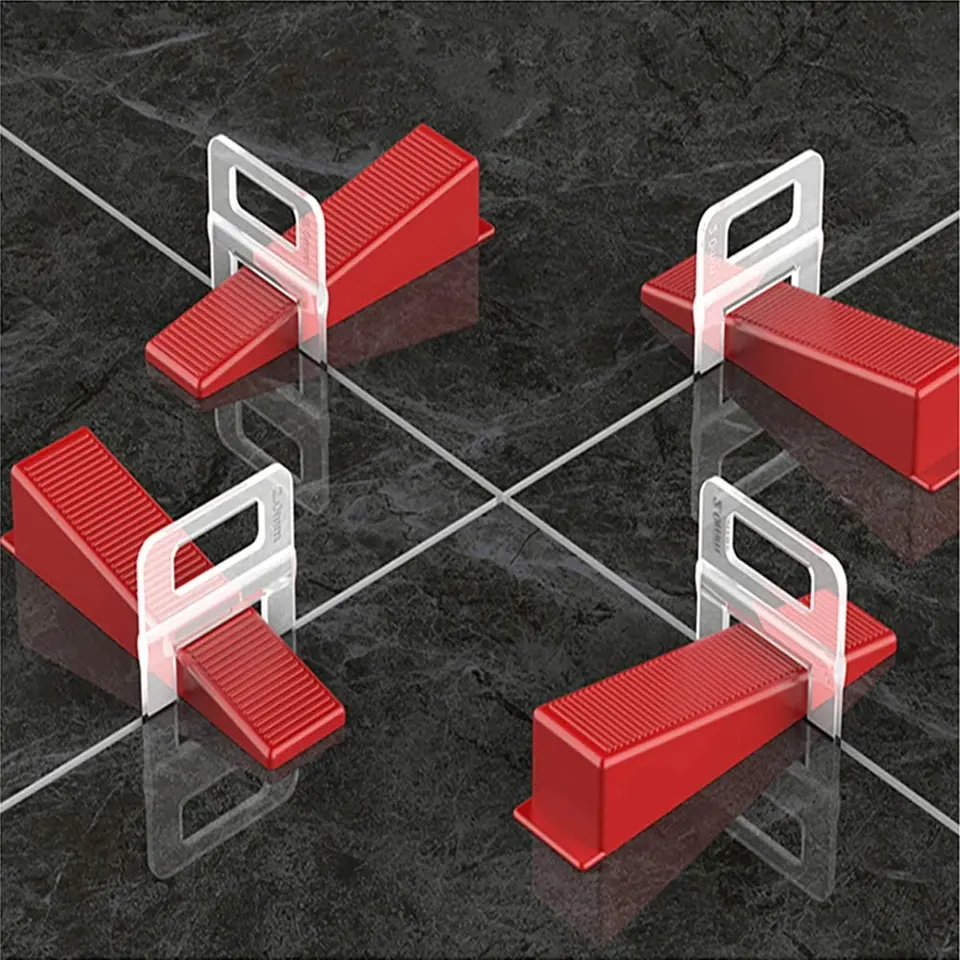
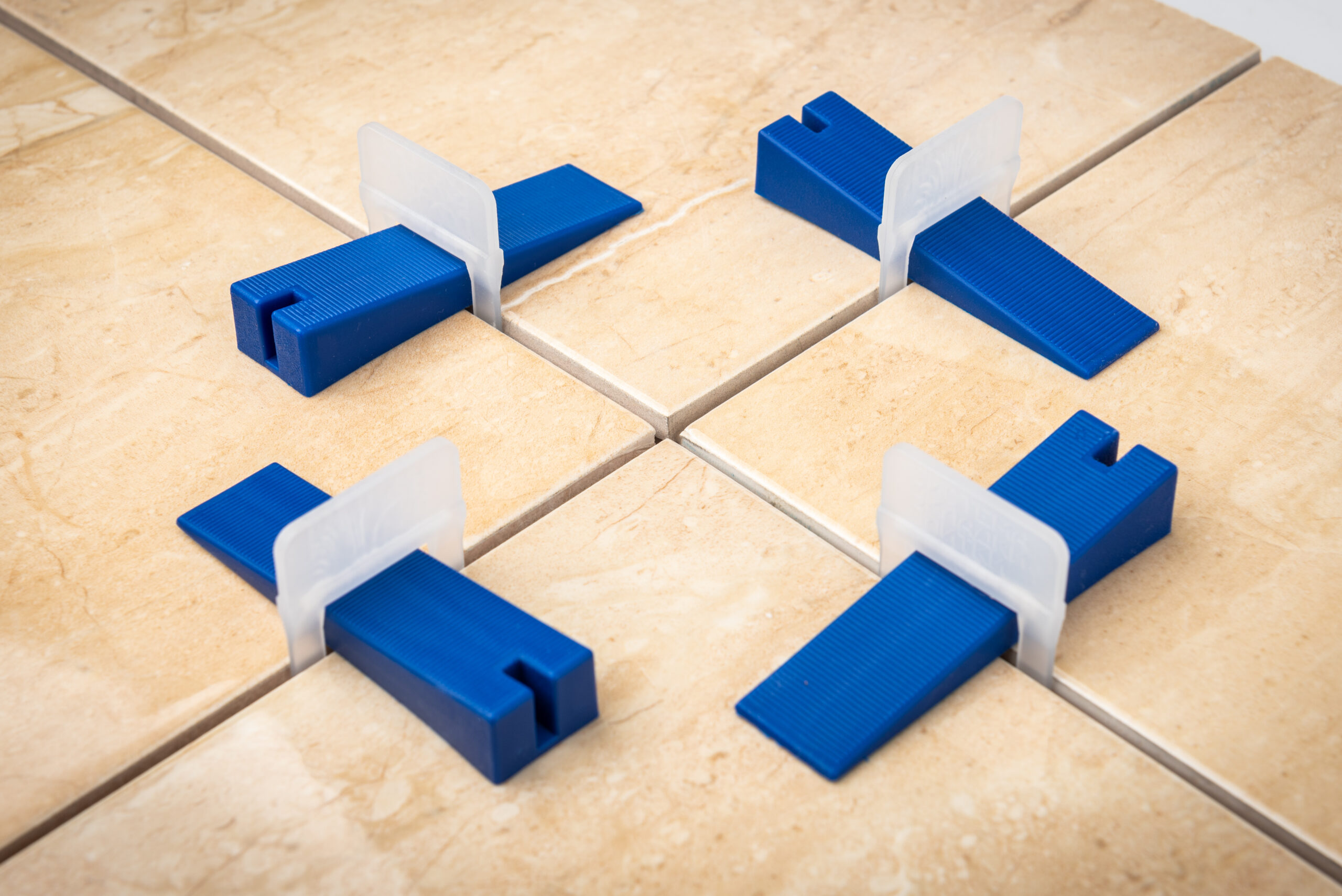
The answer is yes, in the field of remodeling, everyone understands that tiles must be kept level or else numerous problems will occur. So instead of saying that a tile leveler is important, it's more important to level the tiles, but in reality the two go hand in hand.
The following is about tile leveling system in the process of laying tiles play an indispensable role:
1. Prevent Lippage: Lippage refers to the situation where one edge of the tile is higher than the neighboring tiles. This means that after the tiles are laid, the surface is uneven, which is not only unsightly, but can also lead to tripping hazards or other accidents. A tile leveling system ensures that all tiles are on the same level, which helps prevent tiles from sliding during the laying process, leading to height differences.
2. Efficient and time-saving: As mentioned at the beginning of the article, the tile leveler is really very convenient and easy for novices. It can drastically reduce the time consumed in the laying process. Generally, a tile leveler comes with a set of tools including clips, wedges and pliers. All you need to do is place the clips, insert the wedges and clamp them with the pliers - it's that simple! Compared to traditional methods, this allows tile installers to complete their work in less time.
3. Quality and Precision: tile leveling system can be very good for you to ensure the accuracy of the work, the principle of this leveling tool is: by clamping the edges of the tiles together and make them form a flat plane to ensure that there will be no difference in heights between the edges of adjacent tiles.
4. Adaptability of modern tile size: in the past, whether in the family house or large buildings, the tiles used are usually smaller, and it is easier for people to ensure the level of the surface when installing. However, with the advent of large format tiles, leveling has become more challenging. The superiority of tile leveling systems can be better utilized when installing large format tiles.
5. Preventing Tile Movement: Perhaps you have experienced that the adhesive or compound has obviously set, but the tiles will still shift, resulting in an uneven surface. But as soon as you try using a tile leveling system, you will be surprised to find that this offset completely disappears.
That's pretty cool, right? These are just some of the advantages I listed above, it's amazing how this small and unassuming tool can make such a big difference, and right after that, I'll tell you the story behind it in detail.
The Evolution of Tile Leveling Tools
Tile leveling tools have evolved significantly over the years, with advances in technology and design aimed at making tile installation more efficient, accurate and aesthetically pleasing.
In the early days of tile installation, the process was largely manual and required a high level of skill and precision. Installers had to ensure that the tile substrate was as flat as possible before installing any tile. They must then manually set and adjust each tile to minimize lip cracking, a process that involves applying backing butter, lifting tiles and adding thinset to raise them up, pulling tiles and removing thinset to push them down, and more.
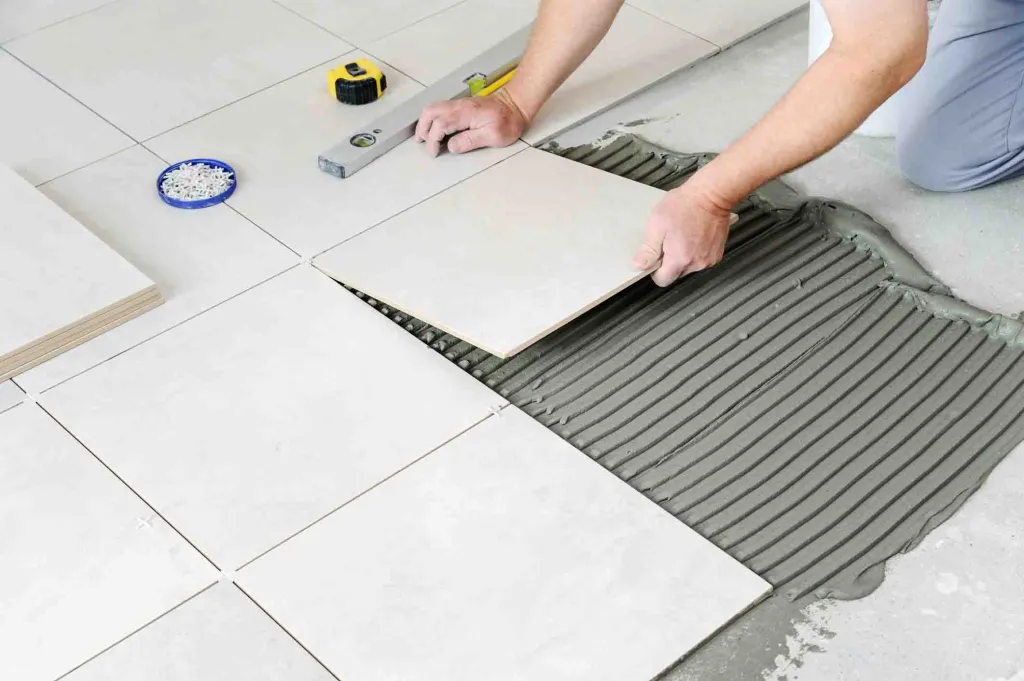
The introduction of tile leveling systems marked a revolution in the tile world. These systems consist of two parts: a spacer that locks underneath adjacent tiles, and a wedge that slides into the top, sandwiching the tile between the two parts.
They essentially "pull" the tiles from underneath and "push" them from the top so that they are all on the same plane, thus reducing the amount of lip from one tile to the next.
Over time, these systems have become more sophisticated and user-friendly. For example, the Levolution Lippage Leveling System is a complete spacing and leveling system. It simplifies the tile installation process by using a "one clip per corner system" that makes tiling faster and easier.
The system also includes a removable spacer in three convenient sizes (1.5mm, 2mm and 3mm) to accommodate different joint sizes. The system is easy to use and suitable for DIY renovators and trade professionals.
The Modern Tile Leveling System also includes tools such as push pliers, wedges and bases, all of which are reusable except for the bases. These tools help to solve a range of problems such as tile jointing, positioning, fixing, leveling, etc. during the tiling process.
In summary, the evolution of tile leveling tools has greatly improved the efficiency and accuracy of tile installation. Regardless of the skill level of the installer, these tools allow for high-quality, professional-looking finishes. They have also adapted to the changing needs of the industry, such as the trend toward larger tile sizes.
2023 A comprehensive comparison of all types of tile levelers on the market!
There are 2 main types of tile levelers on the market: the clip and wedge system and the auto-rotating cap. The former is to ensure the level of tiles through the clamping force, the latter is to rotate the cap to provide pressure, so that the tiles to maintain the level of the state.
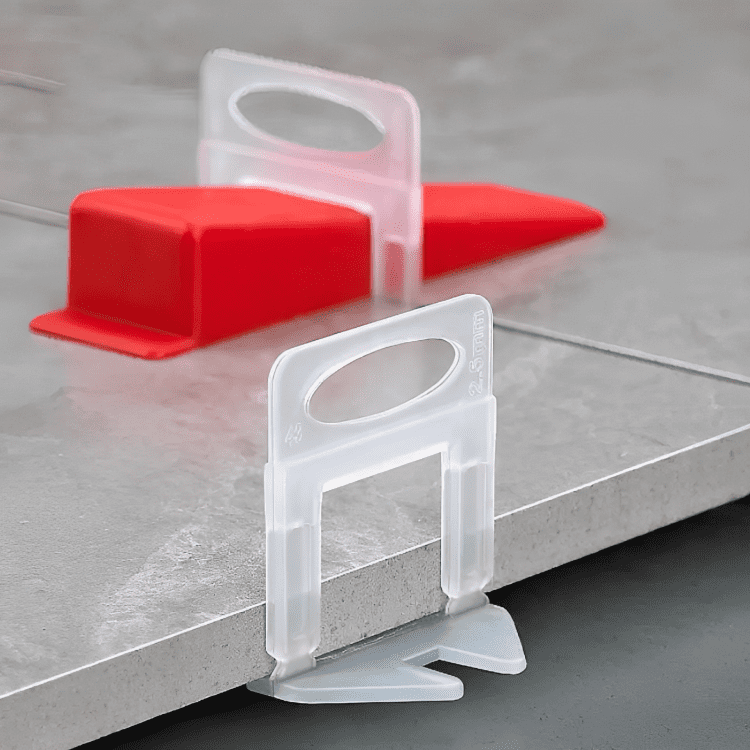
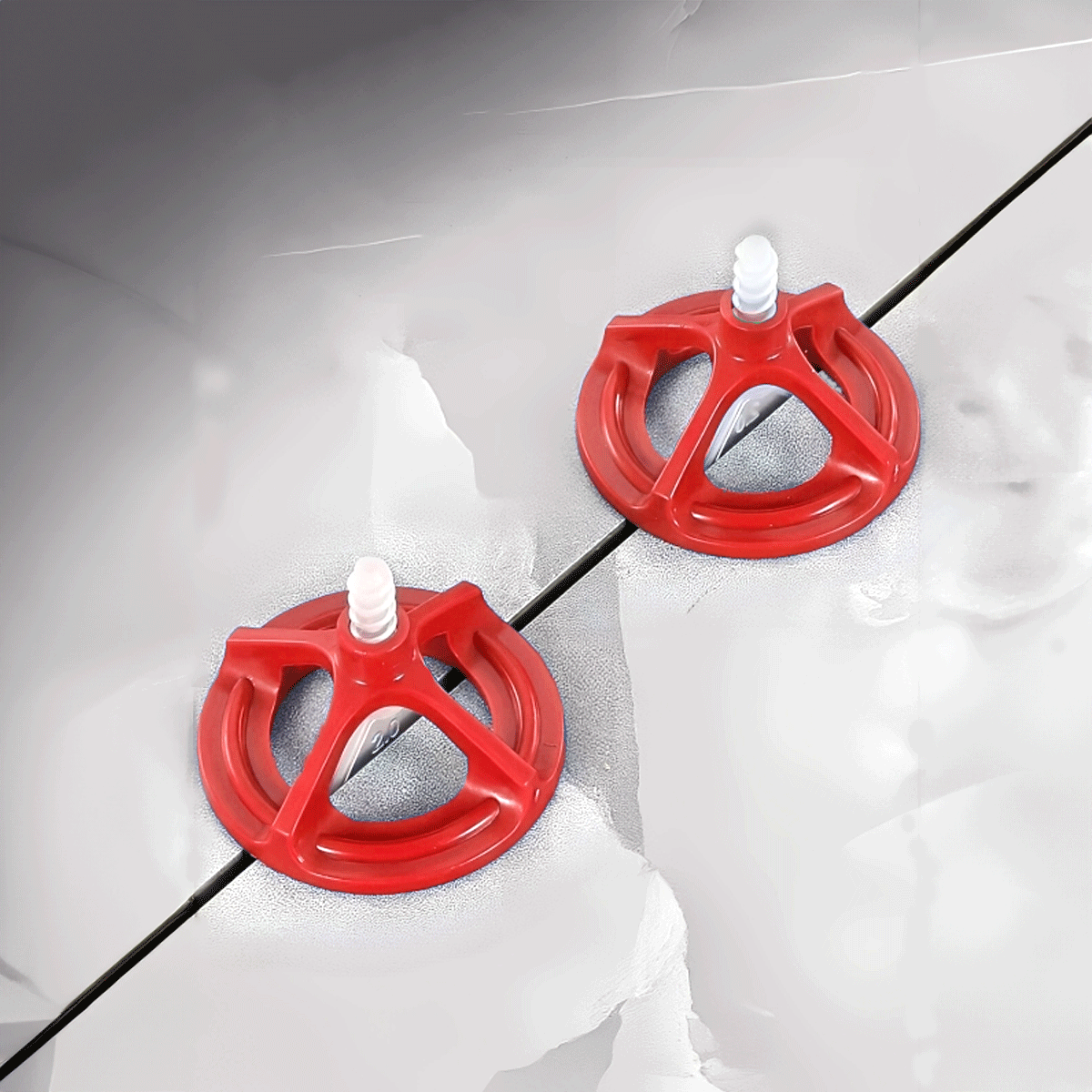
Of course, the type is not a very important factor when people buy, what makes people headache is the wide range of brands on the market. Because of the quality and price of the product involved, this article will solve this worry for you, so that you can better pick the right tile leveler for you.
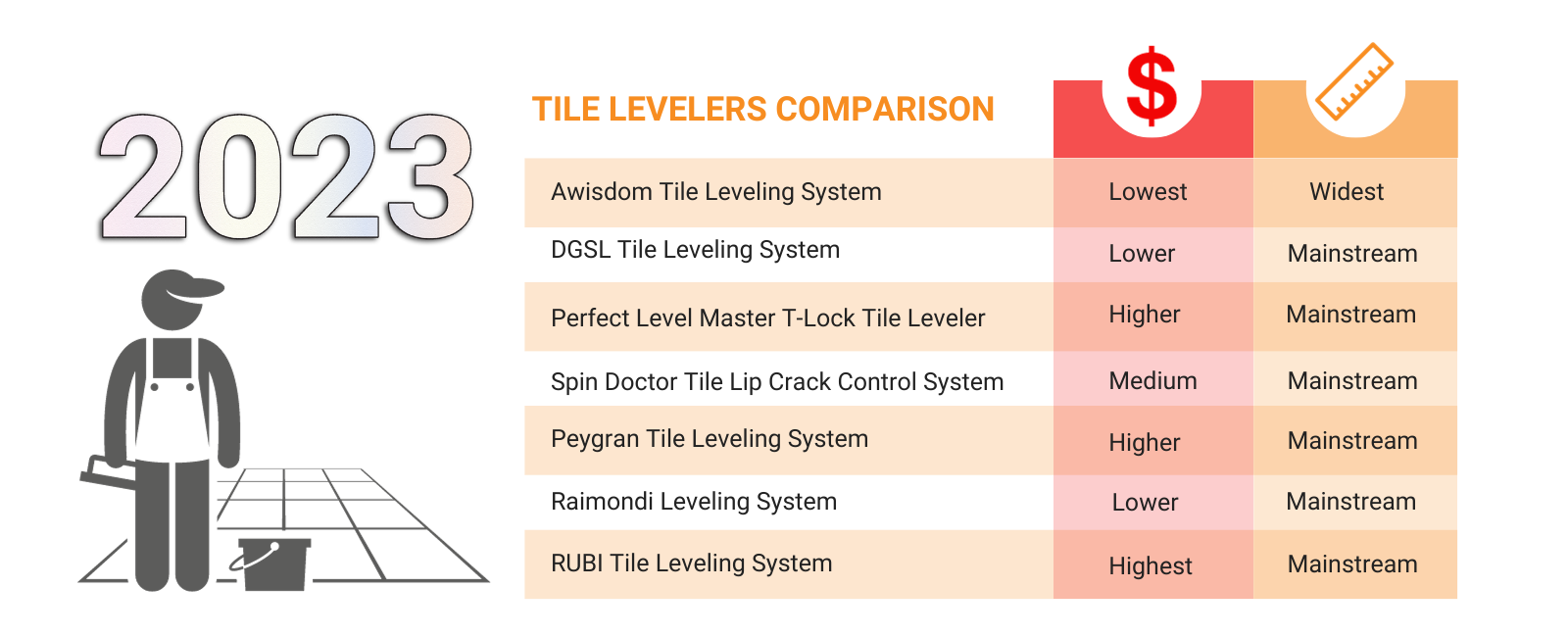
Price of Tile Leveler
When it comes to selection, I can definitely say that price becomes the most important factor in people's mind. The usage of tile leveler is particularly high, especially in engineering projects, which makes cost control very important, the following is a comparison of the prices of common tile levelers in the market.
1. One of the key features of the Awisdom Tile Leveling System is that it offers a significant price advantage without compromising on the quality of the product.
It is sold at only 30% of the average price of the local market in the U.S.
This is due to Awisdom's unique factory-direct shipping and delivery service, which maximizes the cost benefits for customers.
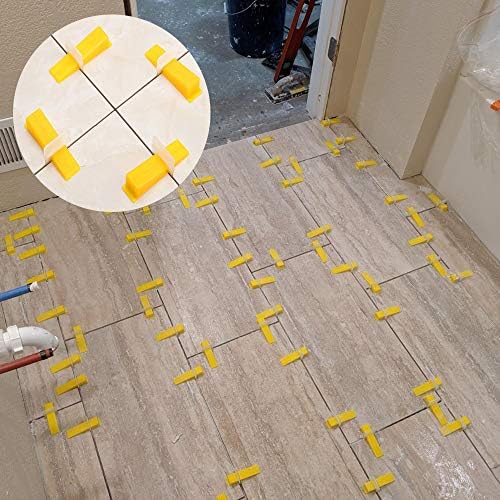
2. The DGSL Tile Leveling System comes in a kit for $47.99, which includes 300 tile spacers, 100 reusable wedges and tile pliers.
This price is considered a good value and provides a relative cost-saving solution compared to other high-cost name-brand tile leveling systems.
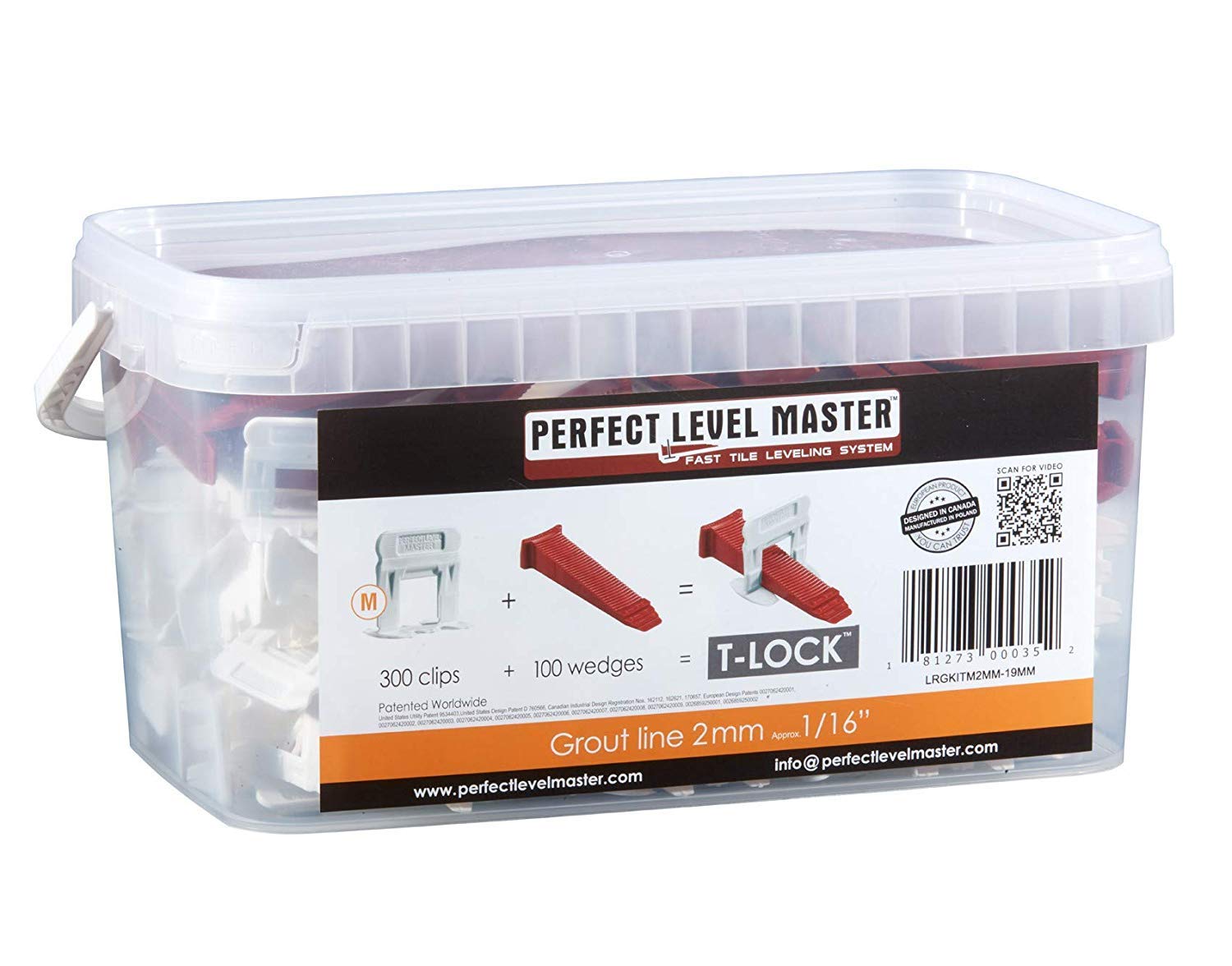
3. The Perfect Level Master T-Lock Tile Leveler Kit retails for $84.95 and includes 300 shims and 100 wedges.
Compared to other tile leveling systems, this price is considered to be in the mid to high end range.
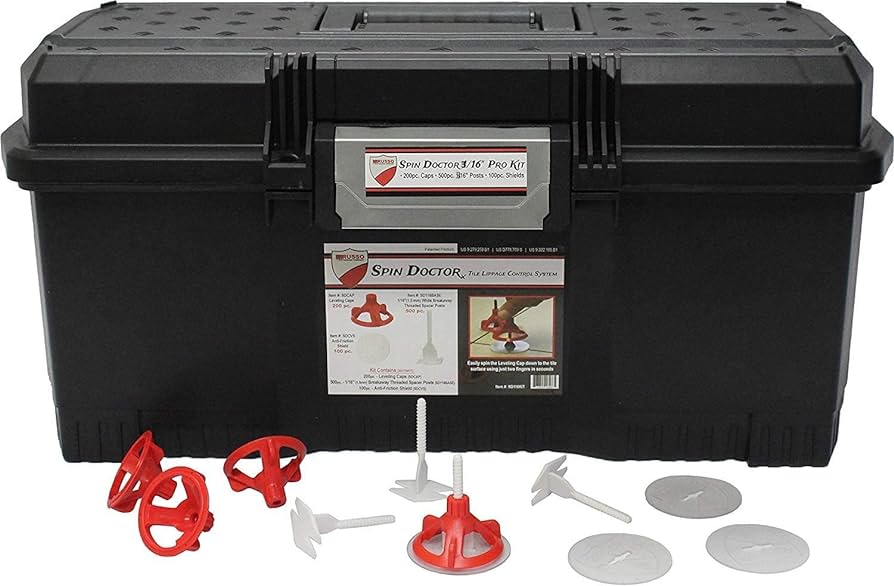
4. The Spin Doctor Tile Lip Crack Control System kit retails for $121.47, which includes 100 reusable caps and 250 backing plates.
This price is considered to be in the mid-range when compared to other tile leveling systems.
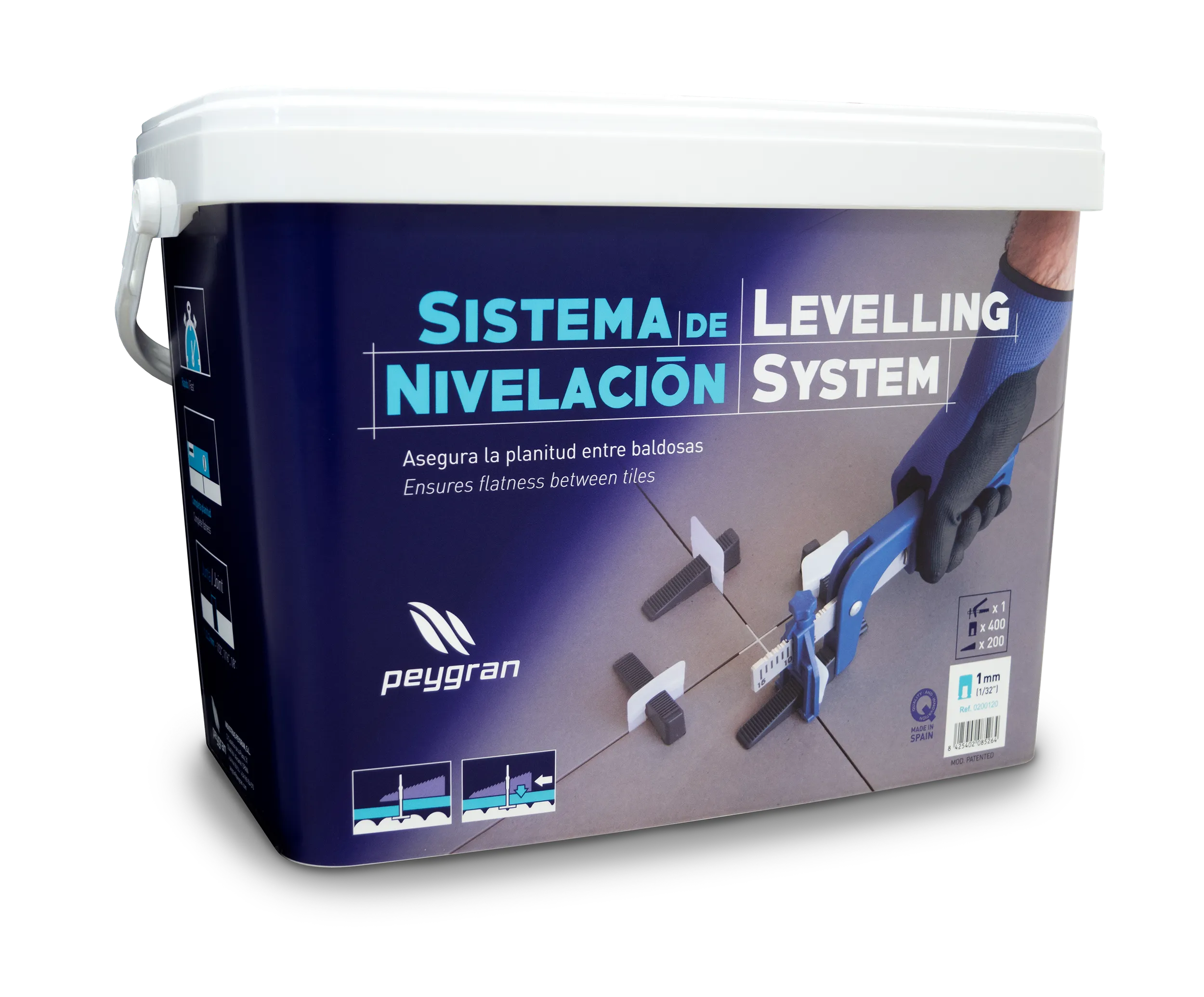
5. The Peygran Tile Leveling System Starter and Super Kits are priced at $99.00.The kit includes 100 clamps, 100 wedges and pliers.
The Peygran Tile Leveling System Super Kit is also available on Amazon for $89.99 and $99.99, depending on the size of the clips.
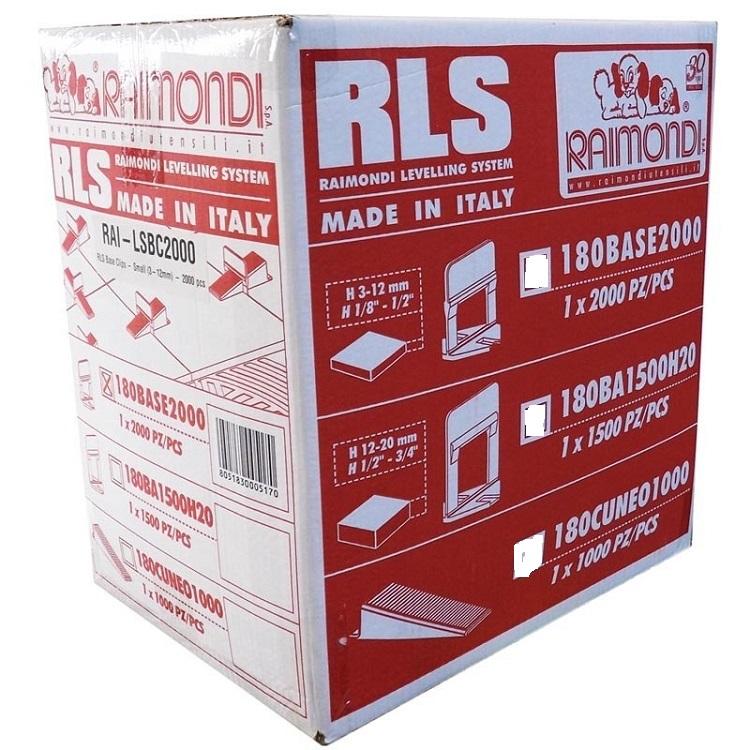
6. The Raimondi Leveling System Starter Kit retails for $39.99.The kit includes 100 clamps, 100 wedges and pliers.
The cost of this system is on the lower end of the spectrum when compared to other tile leveling systems.
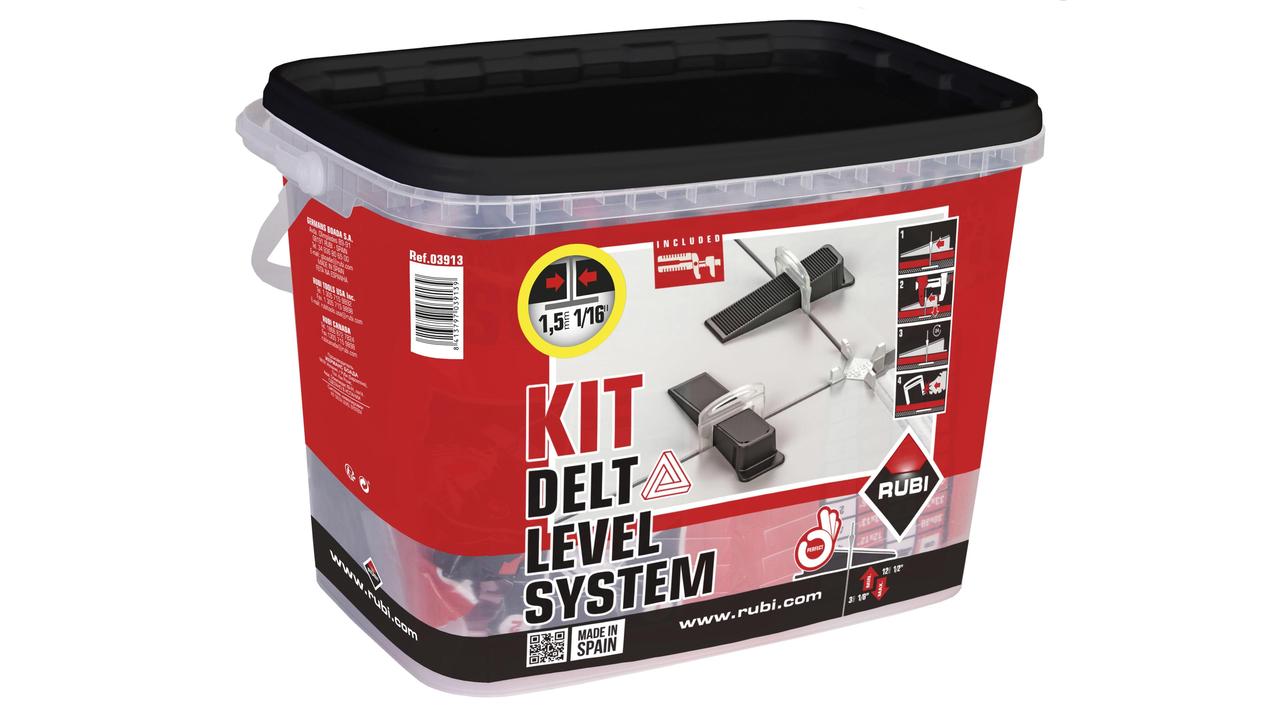
7. RUBI Tile Leveling System prices vary depending on the specific kit and retailer. The RUBI Tile Level Rapid Leveling System retails for $99.99 on Amazon.
The RUBI Delta Level System retails for $199.99 at Home Depot. RUBI Cyclone Tile Leveling System is $89.99 on Amazon.
RUBI tile leveling systems typically cost more than other tile leveling systems on the market.
Size of Tile Levelers
1. Awisdom's tile leveler has excellent product quality, according to statistics, about 95% of the people who buy this product will choose to buy it again.
The reason is that the quality of Awisdom tile leveling system is far away from the mainstream products in the market.
In addition to the common 1/16-inch and 1/32-inch, 1/8-inch, 1/12-inch and other specifications are also available to suit different project needs.
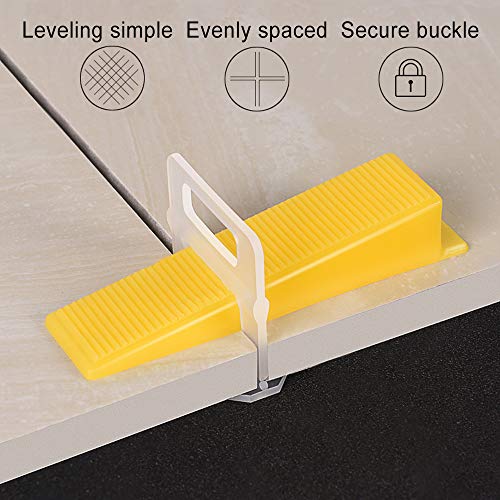
2. The DGSL tile leveling system comes with a 1/16-inch tile spacer. This size is suitable for a variety of tile sizes and thicknesses.
The system also includes 100 reusable wedges and a tile clamp.
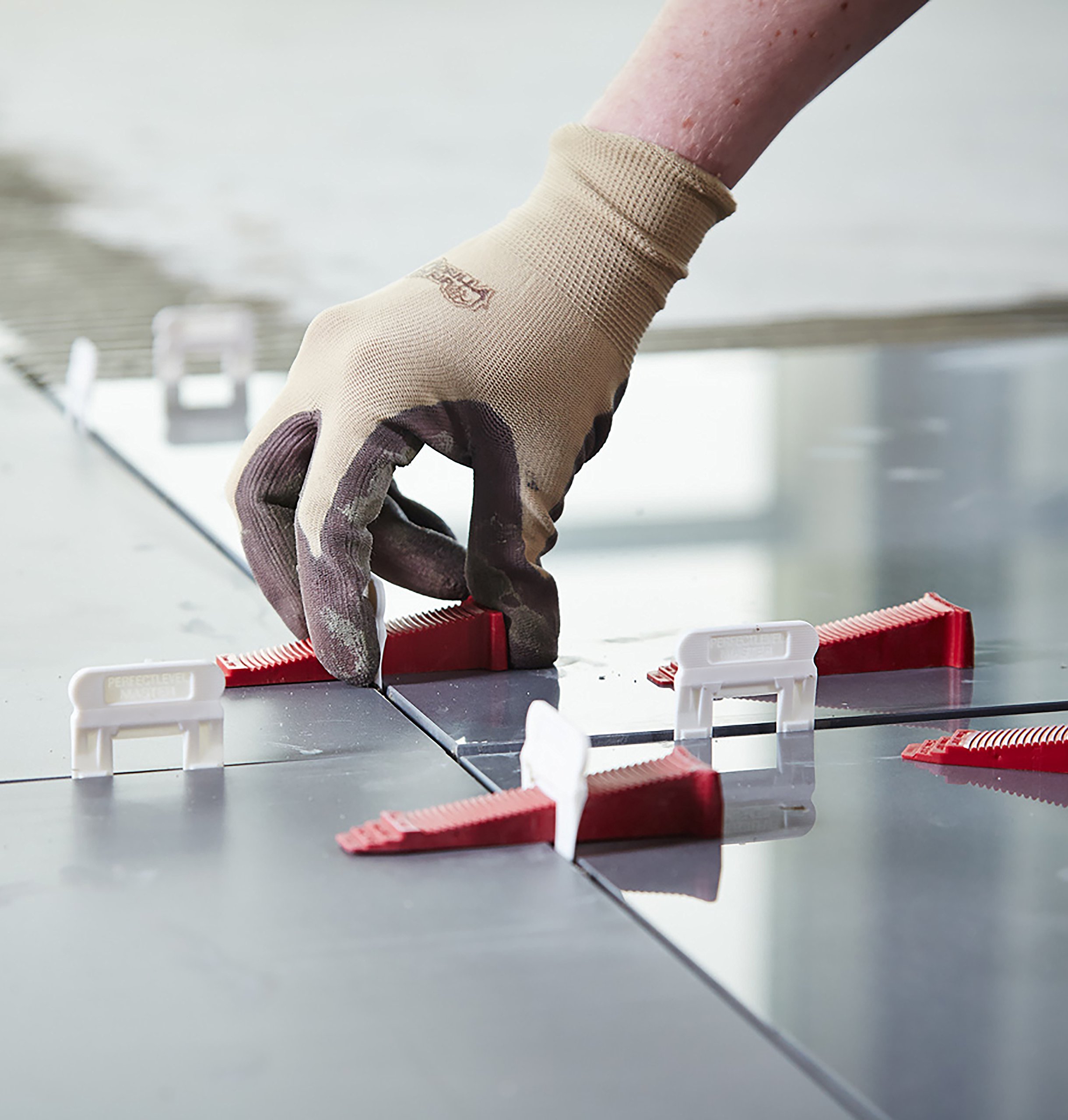
3. The Perfect Level Master T-Lock Tile Leveler Kit comes with 1/16-inch (1.5 mm) and 1/32-inch (1 mm) tile spacers.
This size is suitable for a wide range of tile sizes and thicknesses. The system is designed to handle tile thicknesses from 1/4 in. (6 mm) to 5/8 in.
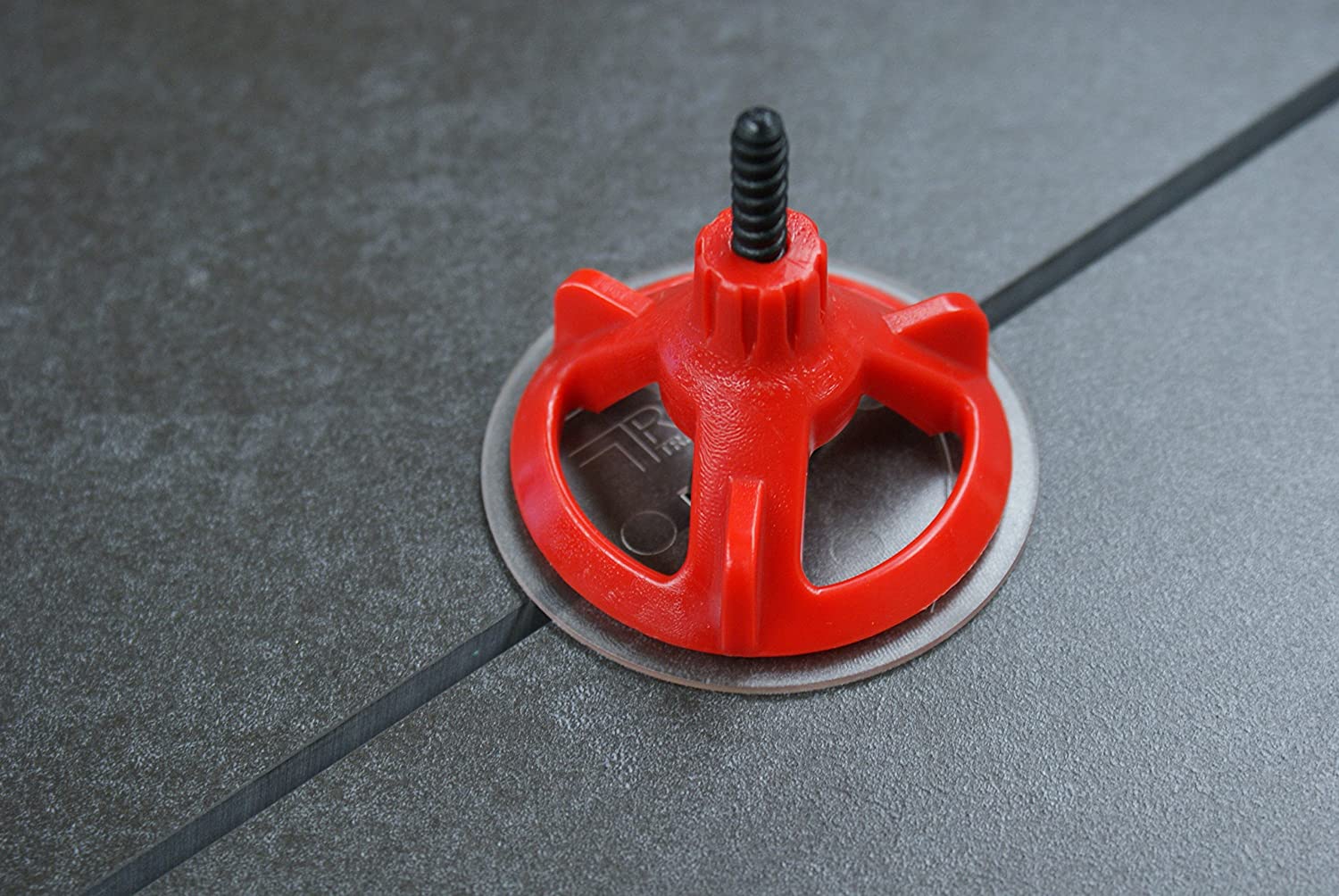
4. The Spin Doctor Tile Lip Control System is available with 1/16-inch (1.5 mm) and 1/8-inch (3 mm) shim options.
This size range works with a variety of tile sizes and thicknesses and accommodates most tiles up to 3/4" (20 mm) thick.
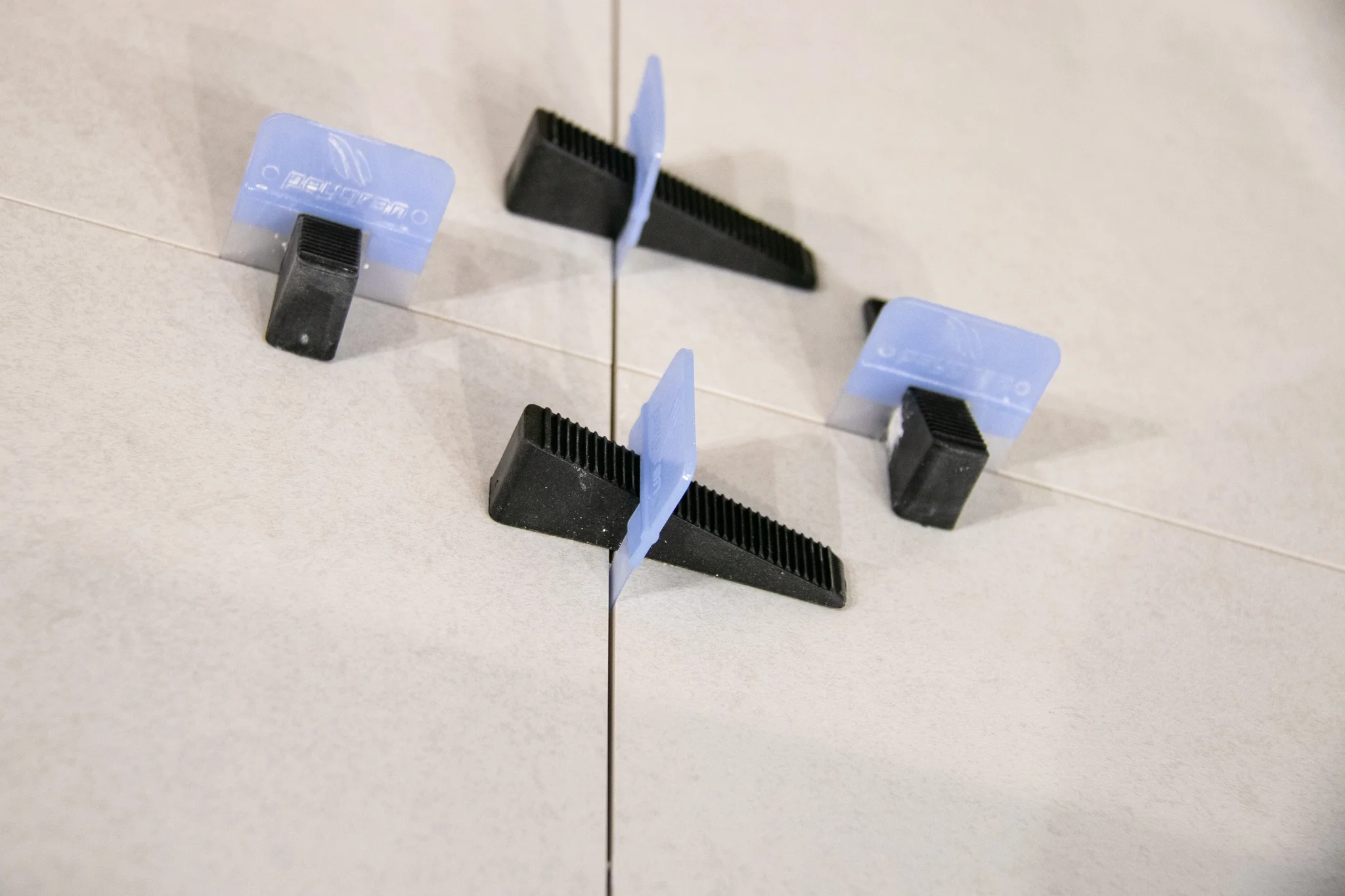
5. The Peygran Tile Leveling System Starter and Super Kits come with 1/16-inch (2 mm) and 1/8-inch (3 mm) clamp options.
The system is designed to handle tiles from 1/8 inch (3 mm) to 1/2 inch (12 mm) thick.
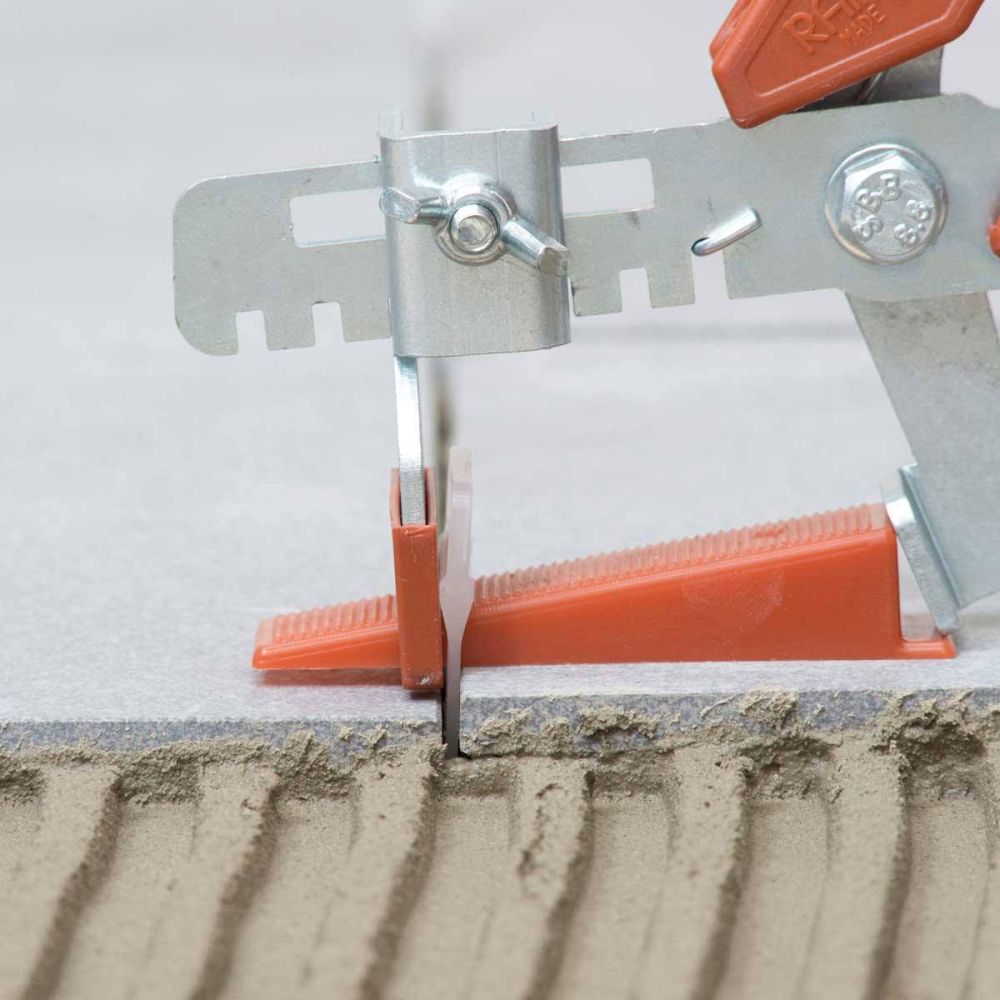
6. The Raimondi Leveling System Starter Kit comes with a 1/16-inch (1.5 mm) clamp option.
The system is designed to handle tiles from 1/8 in. (3 mm) to 1/2 in. (12 mm) thick.
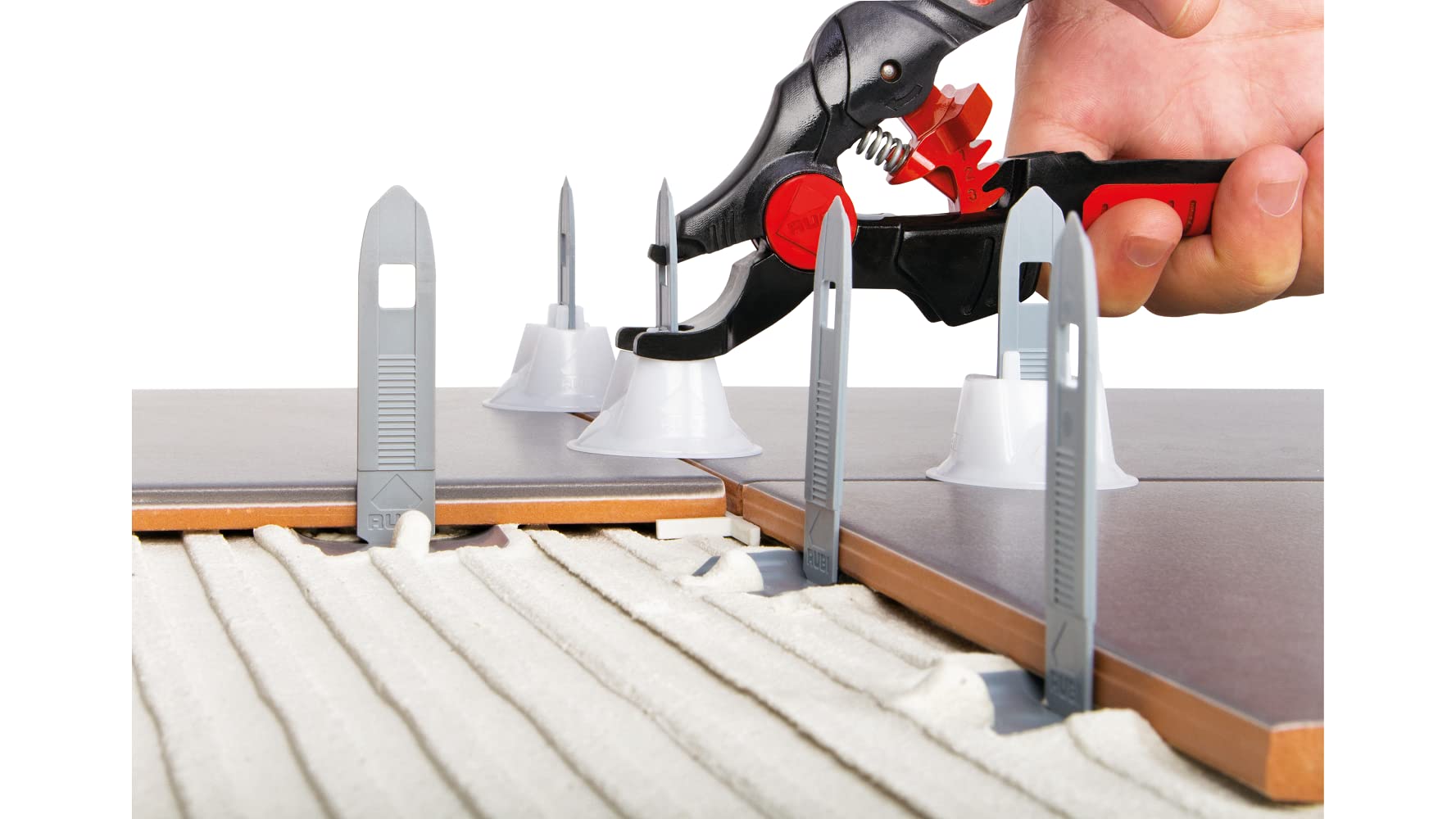
7. The Rubi Tile Leveling System is available in a variety of clamp sizes, including 1/16-inch (1.5 mm) and 1/8-inch (3 mm).
The system is designed to handle tiles of varying thicknesses ranging from 3 mm to 16 mm.
By now, I believe you have a general answer in your mind. If you want to minimize the cost of your project, you can choose Awisdom tile leveler, because it is a tile leveling tool that has maximized its cost advantage.
If you want to get more services and branding, you can choose Rubi tile leveling system or Perfect Tile Leveling Master, they are both great choices.
If you are confused about the size, don't worry, all the major tile levelers on the market come in regular sizes, so whether you're using them for a renovation or a building project, there will always be a size that suits your needs, so you can feel confident in choosing from all of the brands mentioned above.
Of course, if you need more personalized customization service, you can consider choosing Awisdom Tile Leveling Tool, which not only provides customized sizes, but also includes customized colors, such as the color of the wedges, and also provides a full range of supporting services.
So you no longer need to worry about selecting and purchasing a tile leveling kit, you just need to Just talk to a professional, you can enjoy the best quality products with door-to-door delivery service and save a lot of time as well as money.
Summary
The Tile leveling system is a new tool and an emerging trend that is giving a boost to traditional craftsmanship while providing an innovative way of thinking. With the rapid change of technology, the ways and tools of tile laying will become more and more convenient.
Whether you're a first-time DIYer or a seasoned tile installer, I highly recommend trying a tile leveler, as you won't be disappointed with this convenient and consistent way of leveling tiles.
Further, choosing tile leveler is not only an attempt to try the way and method, but also a kind of trust to the technology and future, let's grow up together and look forward to the appearance of brand new renovation tools in front of people.
FAQ About Tile Levelers
What is the use of tile leveler?
A tile leveler, often a part of a tile leveling system, ensures that tiles are laid flat and even, minimizing "lippage" or differences in height between adjacent tiles. It's especially crucial for large-format tiles or when you desire a seamless tile surface. The leveler often consists of spacers, clips, and wedges, assisting in maintaining the uniformity and alignment of tiles during the setting process.
Are tile leveling systems worth it?
Absolutely. Tile leveling systems are invaluable for achieving a professional-looking finish, especially for DIY enthusiasts or on surfaces where perfection is paramount. They reduce the risk of uneven tiles, making the installation process smoother. Besides aesthetics, they help prevent trip hazards due to raised tile edges. Investing in a good system can save time, reduce waste from mistakes, and result in a polished, high-quality tile installation.
Is floor leveler expensive?
The cost of floor levelers varies depending on the brand, type, and quality. Generally, basic self-leveling compounds are affordably priced, suitable for most residential projects. However, specialized or premium floor levelers, designed for larger spaces or specific tile types, can be more expensive. When considering the expense, it's essential to weigh the long-term benefits, such as a smoother finish and reduced tile installation issues, which can ultimately save money and effort in the long run.


